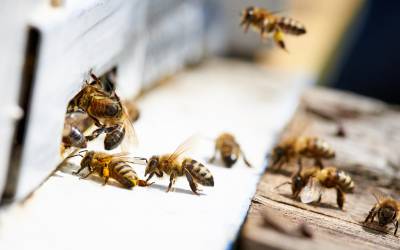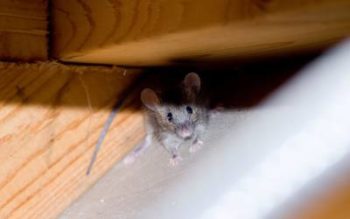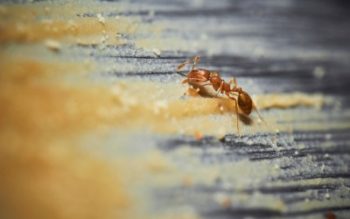
We have a lot to look forward to in the spring. In Peekskill NY, spring is a time of new growth and warm weather, but it is also a time when insect populations reappear in throngs. The spring season is often associated with bees, which play an instrumental role in local ecosystems through pollination, but then the bees suddenly vanish when the temperatures drop at the end of each year. So, where do bees go in the winter? Read all about bees’ winter habits from the experts at Garrie Pest Control!
Do Bees Hibernate in Peekskill NY?
During the winter, you may have noticed a significant decline in bee activity around your home compared to spring and summer. You might have wondered, where do bees go in the winter if they can no longer pollinate local plants? That depends on the species of bee! The winter affects these three bees that are common around Peekskill in different ways:
- Bumblebees: Bumblebees die off in cold weather, but the queen survives the winter to replenish the population in the spring. A queen makes her home for the winter by digging a hole in the ground or finding a hollow log, empty bird nest, or compost pile.
- Honey bees: Male honey bees die during the winter months, but female honey bees return to the hive and surround the queen, vibrating to stay warm. They stay inside, eating honey that they collected during the fall.
- Carpenter bees: Carpenter bees hibernate in order to survive the winter. They stay in the nest tunnels they made in the spring to keep warm during the cold season.
How to Prepare for Bees Before Spring
Some people find bees to be pleasant guests in their yards. The problem is if you have too many, they could nest inside your home or very close to your door. By allowing bees to build a hive on your property, you run the risk of being stung and feeling generally uncomfortable. You can prevent bees from nesting in and around your home by taking the following preventative measures during the winter:
- Repair cracked exterior walls and roofing around your home
- Consider planting flowers at a greater distance from your home
- Make sure your lawn and plants are not overgrown to prevent nesting sites
- Fill all animal burrows in your yard so bees cannot nest there
- Use sealable lids to cover your outdoor trash and recycling bins
Need Help Bee-Proofing Your Home?
If you would like professional assistance preventing bees from nesting on your property this spring, contact your local bee, wasp, and hornet control team. During the winter, our team of bee removal experts can inspect your property for any potential nesting sites you may have overlooked, and they will remove any nests that form in the spring safely and humanely. For a free quote on bee control services, contact us today!



